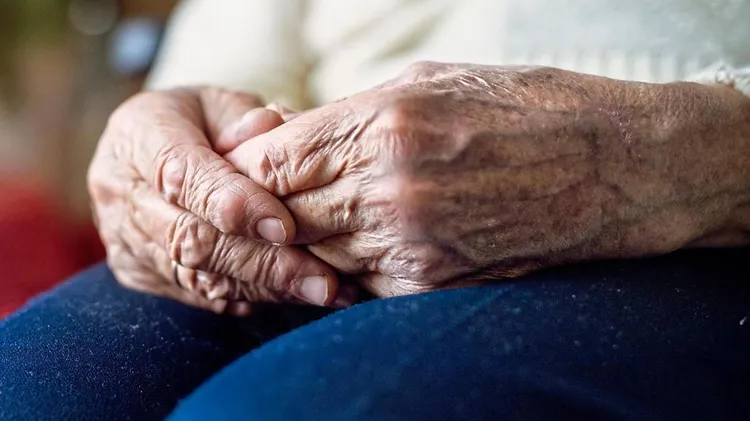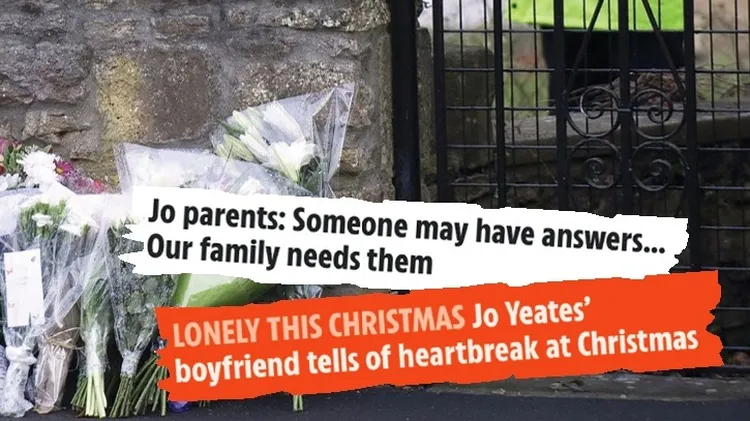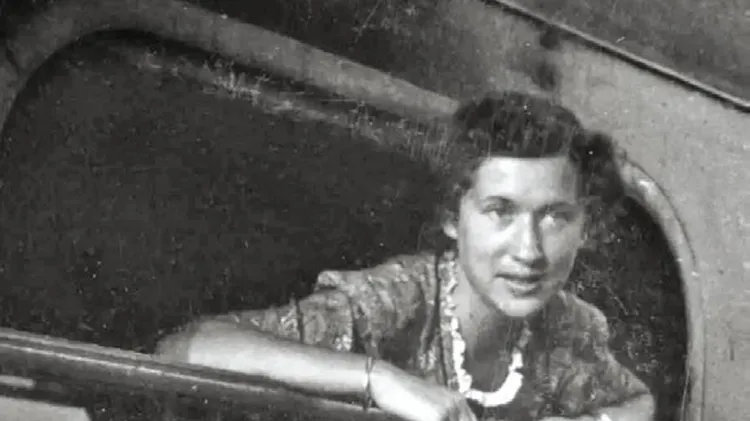As the charity marks its 70th anniversary, Liz O’Rourke finds out mo
Hello, samaritans . . .
4 min read
This article is from...
Read this article and 8000+ more magazines and newspapers on Readly






